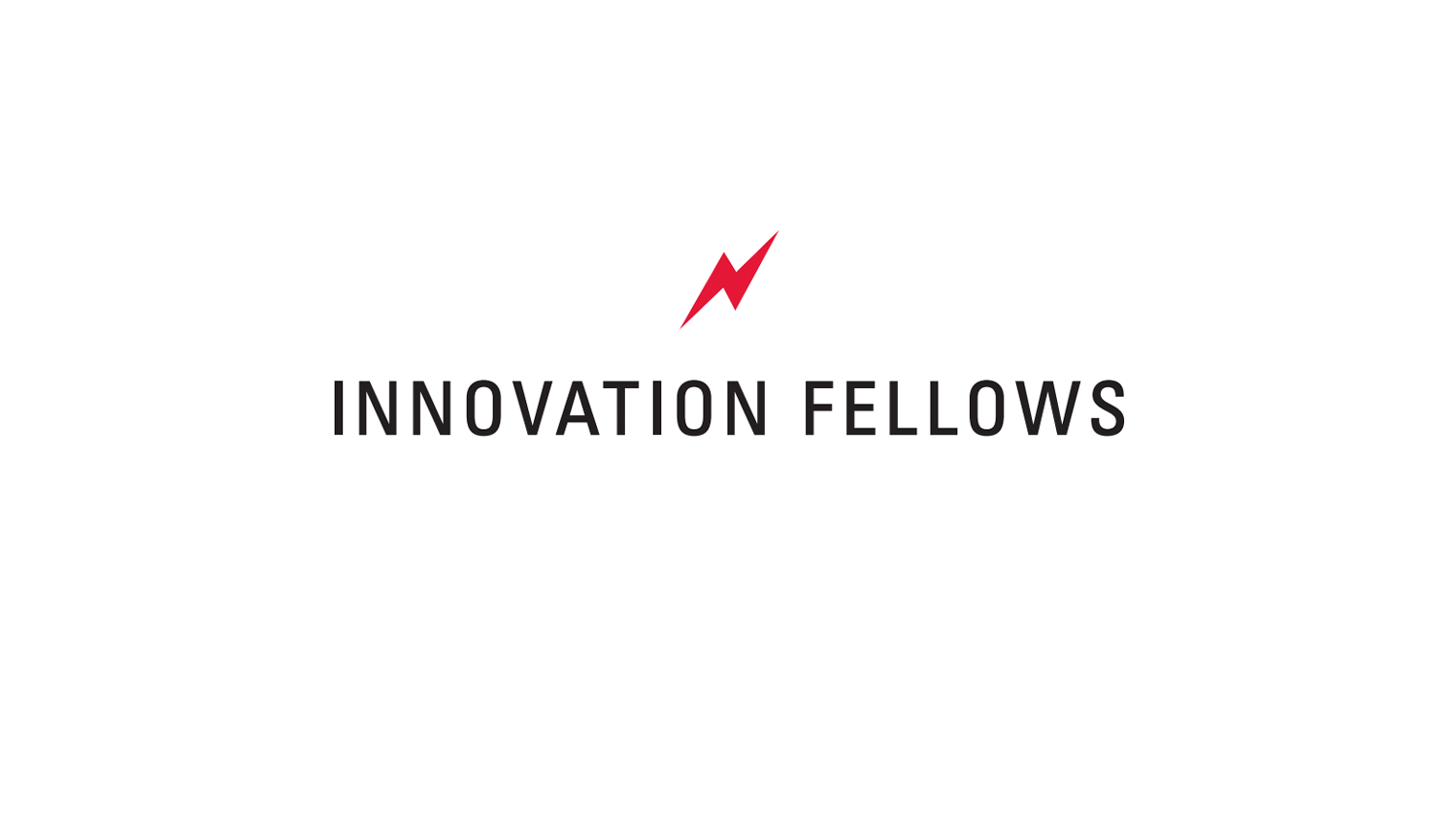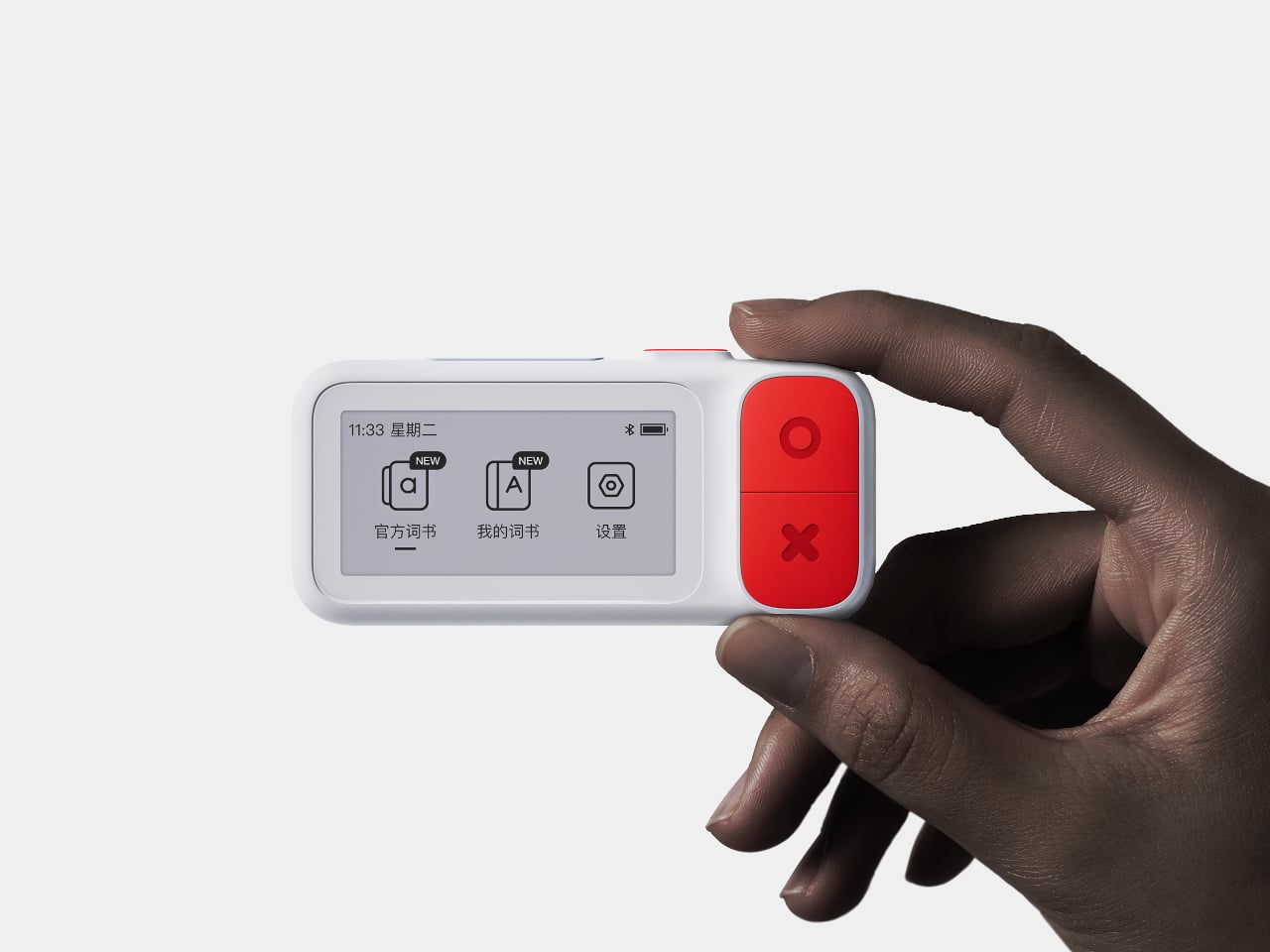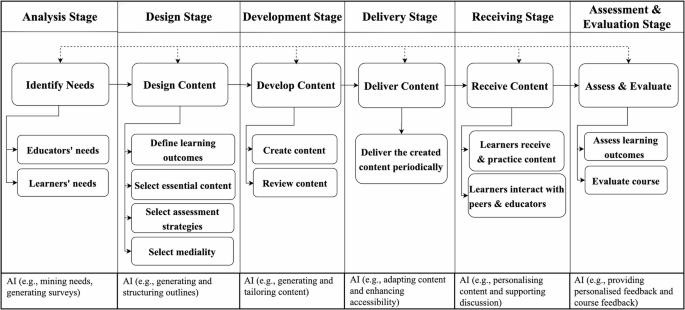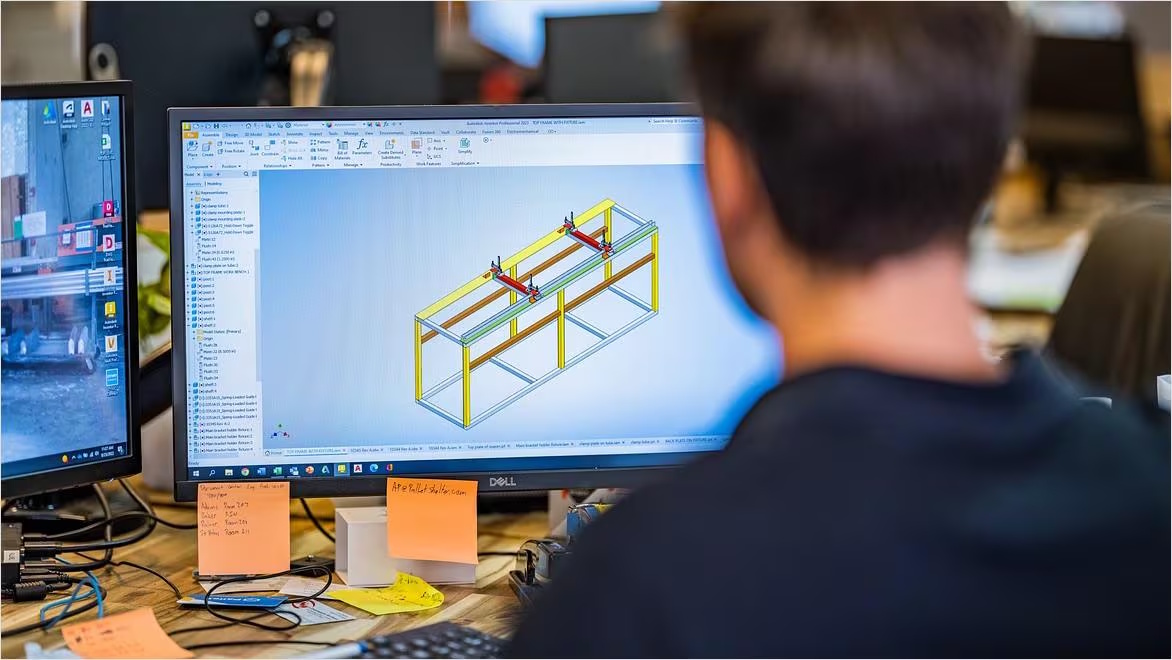Two New Innovation Fellows Projects Leverage Technology for Research, Learning Experiences

NC State College of Education researchers are leveraging artificial intelligence for data analysis and helping undergraduate students gain experience developing extended reality-supported learning experiences through the two latest projects funded through the college’s Innovation Fellows Program.
Begun in 2024 in alignment with the Strategic Plan: 2023-2030, the Innovation Fellows Program is designed to foster innovative, cross-disciplinary education practices by supporting projects that have the potential to create transformative experiences for students or develop new educational tools.
The two projects selected to receive up to $15,000 in funding through the program this year are:
- AI-Augmented Qualitative Analysis: Leveraging Large-Language Models, led by Assistant Professor of Learning, Design and Technology Ela Castellanos-Reyes, Professor of Learning, Design and Technology Florence Martin and Friday Institute for Educational Innovation Research Scholar Rebekah Davis
- MuseXR: Designing Shared Learning Experiences through Extended Reality, led by Assistant Professor of Learning, Design and Technology Joey Huang and NC State College of Engineering Assistant Professor Qiao Jin.
Learn more about the two projects below.
AI-Augmented Qualitative Analysis: Leveraging Large-Language Models
This project will create a training experience that equips College of Education graduate students and faculty with practical experience using large language models to support qualitative data analysis while also strengthening the college’s capacity to integrate responsible artificial intelligence (AI) practices into educational research and training.
“While AI-assisted content analysis is being increasingly adopted in qualitative research, this project also emphasizes the importance of maintaining validity and rigor, as well as ensuring the responsible and ethical use of AI in AI-augmented qualitative inquiry,” Martin said.
The project, which started with Castellanos-Reyes’ curiosity around large language models (LLMs) and developed from an article she published in 2025, will engage 25 participants— including faculty as well as graduate students in the Introduction to Qualitative Research in Education and Advanced Qualitative Research and Data Analysis in Education courses—in a two-part, hands-on workshop in the spring of 2026.
Part one of the workshop will introduce the large language model-assisted content analysis (LACA) process and guide participants in creating AI-adapted codebooks for projects they already have underway. Part two of the workshop will focus on data preparation and the practical steps for using OpenAI to fine-tune models for qualitative text analysis.
The project team will also offer consultation sessions for participants who need technical support with the large language model workflow and for ensuring validity and rigor in large language model-assisted qualitative coding.
The goal of the project is to not only design, implement and evaluate a reusable training model for large language model-supported qualitative coding, but to create an openly available repository of instructional materials and templates to reduce costs and barriers associated with tools for AI-assisted qualitative research.
“This is quite a special project for me because it started as a spark of curiosity on how LLMs could support my work as a researcher, if at all. After publishing an article on the topic in 2025, I thought that would be the end of the idea,” Castellanos-Reyes said. “It wasn’t after I shared my process of using LLMs for qualitative analysis with my students that my mentor, Florence Martin, saw my work and the potential to escalate it for supporting not only a set of students but the whole college using qualitative methods for their work.”
MuseXR: Designing Shared Learning Experiences through Extended Reality
This project aims to provide undergraduate students in the College of Education’s Applied Education Studies and the College of Engineering’s Computer Science programs with hands-on experience designing and facilitating extended reality (XR) supported learning activities while advancing instructional design practices that connect immersive technology, learning theory and collaboration.
The project positions XR—immersive technologies that blend digital content with the physical world to enable learners to explore digital information in real or simulated spaces—as a creative environment that fosters dialogue, reflection and shared meaning-making.
Huang and Jin will develop and implement MuseXR, a course-based learning module that will be piloted in the College of Education’s Introduction to Educational Innovation and Entrepreneurship course and will engage students in interdisciplinary teams to design XR learning experiences inspired by the North Carolina Museum of Art (NCMA) collection and interpretive themes. Students will create interactive, museum-based projects using real-world data, such as gallery captures, and add annotations, guided paths and discussion prompts.
The MuseXR learning module will also be used in the College of Engineering’s XR and 3D Interaction course, where students will analyze design implications and develop new XR components for educational use.
The project will culminate in a class showcase at NC State with feedback from NCMA Director of Education Michelle Harrell.
“As technology reshapes how we learn and connect, it’s essential to create experiences that are both human-centered and imaginative,” Huang said. “MuseXR demonstrates how extended reality can bridge classrooms and museums, helping students move from consumers to creators of immersive technology. This project brings innovation, interdisciplinarity, and impact—showing how emerging tools can spark curiosity, creativity, and meaningful learning across settings.”
link







